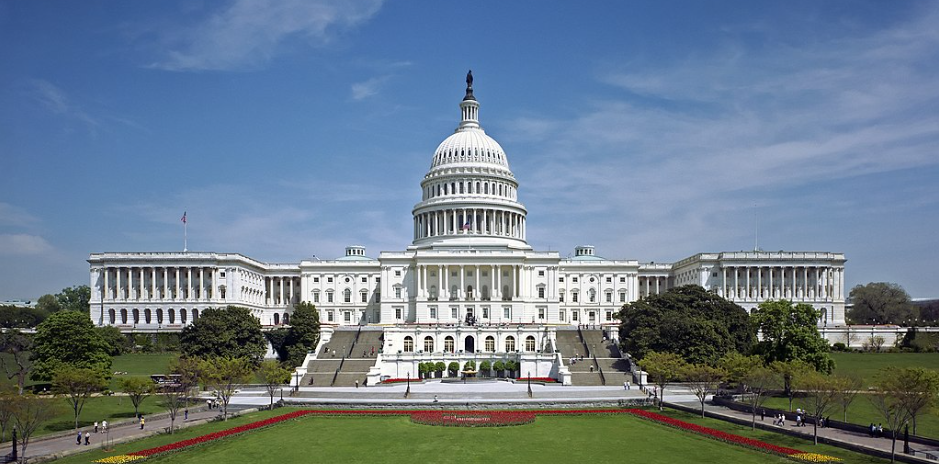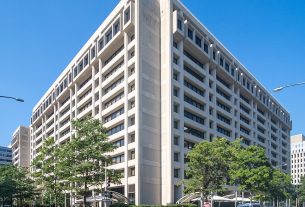President Donald Trump’s renewed push for mass deportations has sparked debate in Washington, with lawmakers raising concerns over the financial, economic, and social implications of such a large-scale immigration enforcement effort.
💰 Financial Burden and Congressional Oversight
Estimates suggest that implementing mass deportations could cost hundreds of billions of dollars over several years. This includes expenses related to detention, legal processing, transportation, and enforcement personnel. Members of Congress are now questioning whether this level of spending delivers proportional benefits—or whether those funds could be more effectively invested elsewhere.
📉 Economic and Labor Market Impact
Critics argue that widespread deportation could disrupt key sectors of the U.S. economy, particularly agriculture, construction, and hospitality, which rely heavily on immigrant labor. Employers may face labor shortages, increased costs, and operational challenges. Some economists suggest that allowing certain undocumented immigrants to remain—particularly those with long-standing ties and employment—may be more cost-effective and economically beneficial.
🛡️ Public Safety and Crime Reduction
Supporters of mass deportation often cite public safety as a primary justification. However, multiple studies have found no consistent link between undocumented immigration and increased crime rates. In fact, some research indicates that immigrant communities tend to have lower crime rates than native-born populations. This raises questions about whether mass deportation meaningfully enhances national security.
🔄 Opportunity Cost and Alternative Investments
Policymakers are also examining the opportunity cost of such a program. Could the same funding be redirected to initiatives with broader economic returns—such as small business support, infrastructure development, or community policing? Advocates for alternative spending argue that these areas may yield more tangible benefits for American communities.
As the debate continues, the central question remains: Should cost and return on investment be key factors in shaping immigration policy? Congress is expected to hold further hearings to assess the feasibility, impact, and long-term consequences of mass deportation proposals.
US Congress, US Capitol Hill, Washington DC Picture by Ottojula



